15 Celebrities Who Everyone Loved Until They Opened Their Mouths
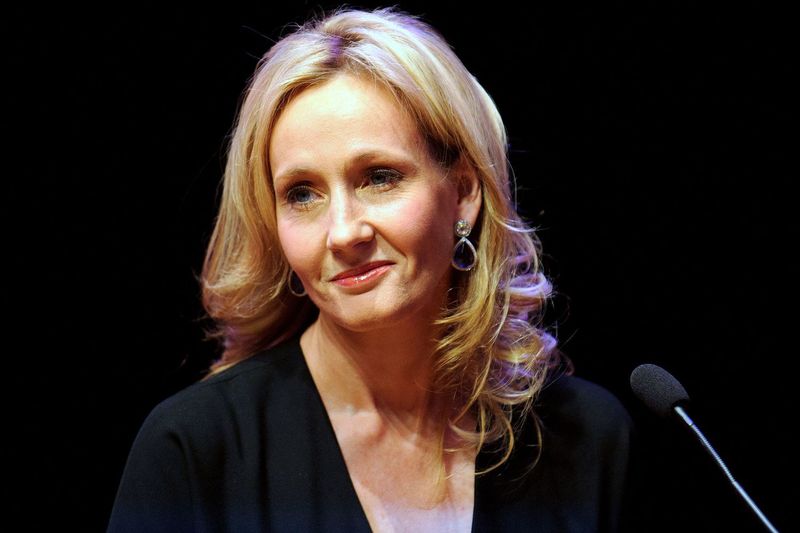
We love our stars until their words turn the spotlight into a floodlight. Sometimes a single sentence, tweet, or interview answers the eternal question: can charisma survive a hot mic?
These moments didn’t just dent reputations—they rewired how fans heard every joke, lyric, or monologue after. Buckle up for 15 times adoration evaporated the instant a celebrity spoke up and the internet never forgot.
1. Roseanne Barr – One Tweet That Killed a Hit Sitcom
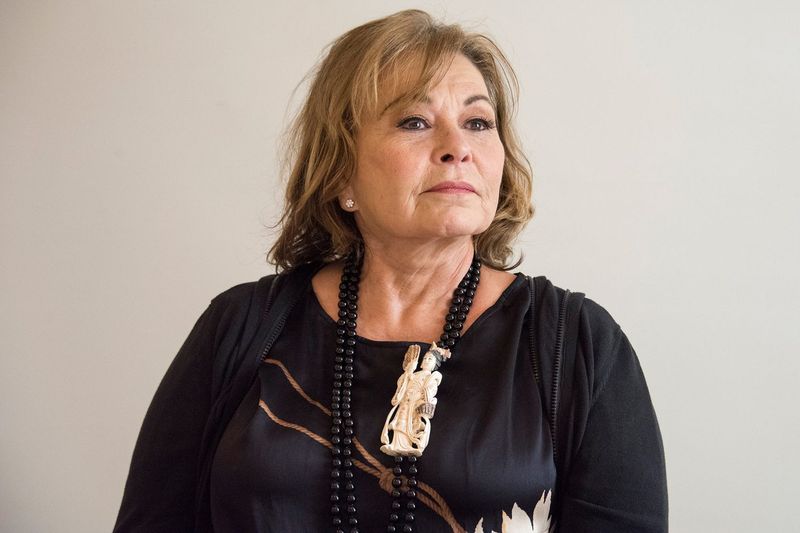
It was a nostalgia rocket until the words hit send. Roseanne Barr had achieved the rarest feat: a ratings juggernaut reviving a beloved, blue‑collar universe that felt surprisingly current.
Then, in one late, reckless tweet comparing Valerie Jarrett to Planet of the Apes and the “Muslim Brotherhood,” the show detonated in real time. ABC called the post “abhorrent,” advertisers blinked, and the cancellation was instantaneous.
Fans who’d cheerfully defended her “unfiltered” persona suddenly had no punchline to hide behind. The uncomfortable truth emerged: the same spontaneity that made her seem authentic also made her catastrophically unpredictable. Castmates lost work overnight; audiences lost a comfort watch.
In the aftermath, The Conners stumbled forward without its namesake, an unprecedented surgical reboot. Yet for many, every rerun now carried a subtitle you could feel but not see: post while angry, lose everything.
2. Gina Carano – From Fan-Favorite Warrior to “Abhorrent” Posts
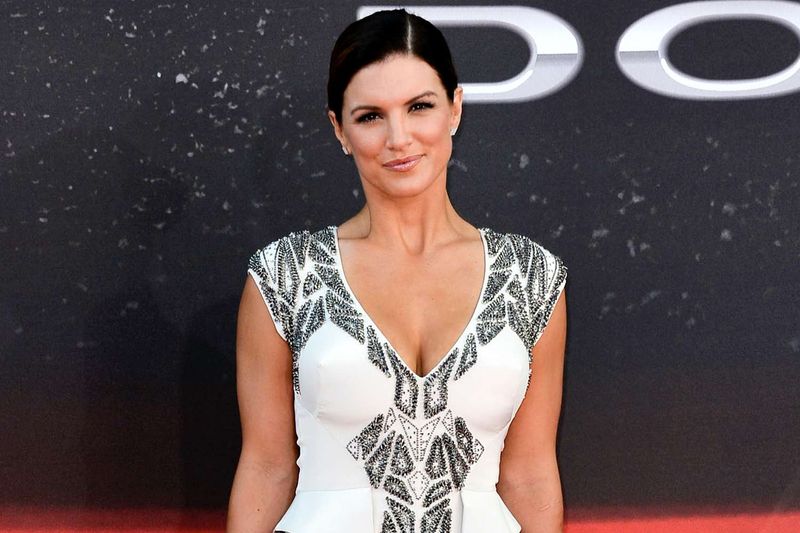
The armor was fearless; the posts were the plot twist. Gina Carano’s turn as Cara Dune felt tailor‑made for spinoffs, conventions, and Halloween costumes.
Then came Instagram stories and tweets likening conservative backlash to the persecution of Jews during the Holocaust, plus anti-mask and election‑fraud chatter. Lucasfilm’s response—“abhorrent and unacceptable”—landed faster than hyperspace, and the role vanished.
To fans craving space-western escapism, real‑world culture wars smashed through the fourth wall. Debate roared: free speech versus platform responsibility, historical false equivalence versus fandom disappointment. The character endured; the actor did not.
Carano doubled down, then pivoted to new projects outside the Disney orbit, but the career arc looked unmistakable. In a galaxy where brands guard their mythologies like kyber crystals, one misjudged megaphone can eject you straight out the airlock.
3. J.K. Rowling – When the Author Became More Controversial Than Her Villains
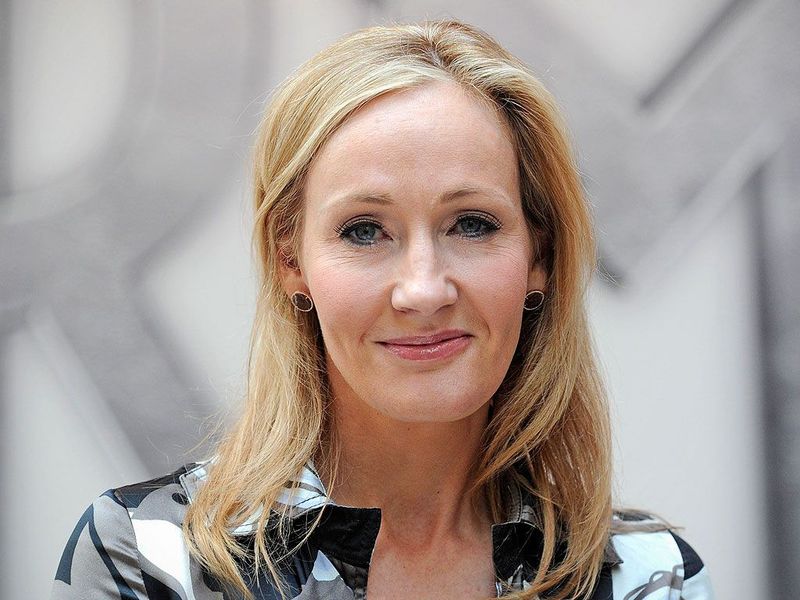
The author who once felt like everyone’s wise aunt suddenly sounded like a stern hall monitor. J.K. Rowling’s tweets and essays about sex and gender, framed as defending women’s spaces, landed as transphobic to many fans.
The Wizarding World, once a warm blanket, turned into a contested map with lines drawn between nostalgia and harm. Cast members distanced themselves; fan forums spun into civil wars.
Supporters hailed her courage; critics cited real‑world consequences for trans people. The bookshop of childhood memories now keeps a register of hurt alongside the merch. It’s hard to re-read a beloved chapter when your brain supplies headlines in the margins.
Rowling didn’t retreat; she clarified and doubled down, insisting nuance. For countless readers, though, the magic trick reversed: the author stepped from behind the curtain, and the spell unraveled mid‑incantation.
4. Kanye West (Ye) – From Musical Genius to Microphone Liability
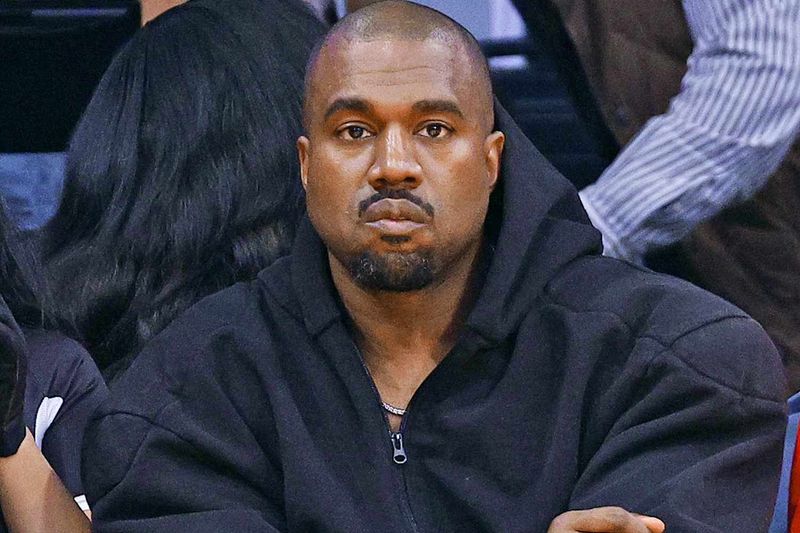
Brilliance and volatility shared a studio, and eventually the volatility grabbed the aux. Ye’s creative daring once overshadowed his outbursts; then the balance flipped. Comments like slavery sounding like “a choice,” and later antisemitic remarks, vaporized brand partnerships and set interviews ablaze. The public stopped separating the beat from the broadcast.
Defenders praised honesty; critics called it harm dressed as candor. The cost wasn’t only financial—it was the erosion of easy admiration. Every new drop arrived with footnotes, think pieces, and ethical calculus.
He remains a force, but the conversation now precedes the music, draping it in context no hook can fully shake. In the end, the microphone didn’t just amplify; it archived, turning spontaneity into a permanent museum of things you can’t unhear.
5. Mel Gibson – The Drunken Rant That Never Really Went Away
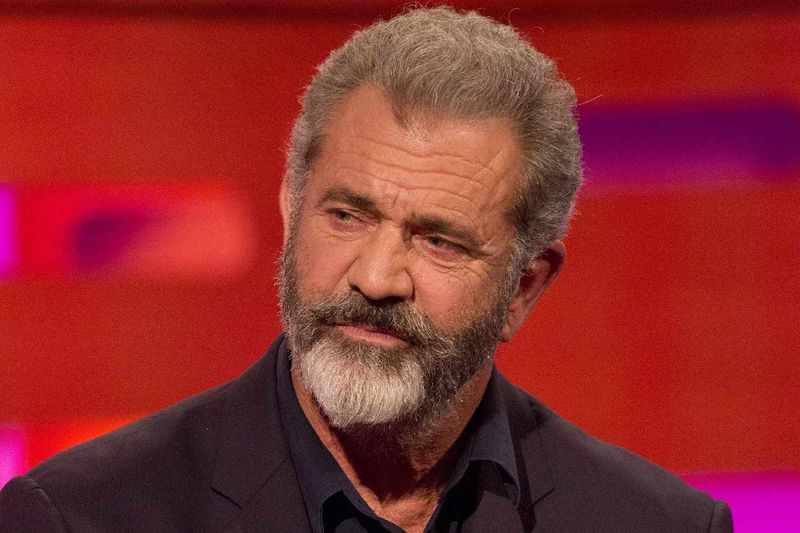
Charisma can’t dub over a recorded tirade. Mel Gibson, once the beloved rogue of buddy-cop charm and a decorated director, faced tapes that sounded like a villain’s monologue without the credits. Antisemitic, racist, and misogynistic explosions reframed that intense screen presence as something far less romantic. Apologies arrived, projects trickled back, but the soundtrack never fully faded.
Audiences learned how hard it is to compartmentalize when the receipts are audio. You don’t just watch; you recall. The industry, pragmatic and forgiving when profitable, offered tentative bridges and cautious press tours.
For many viewers, redemption arcs require more than time; they require silence from ghosts. Gibson still works, but every premiere competes with a reel nobody wants to rewatch and nobody can quite turn off.
6. Liam Neeson – “I Wanted to Kill a Black Man”
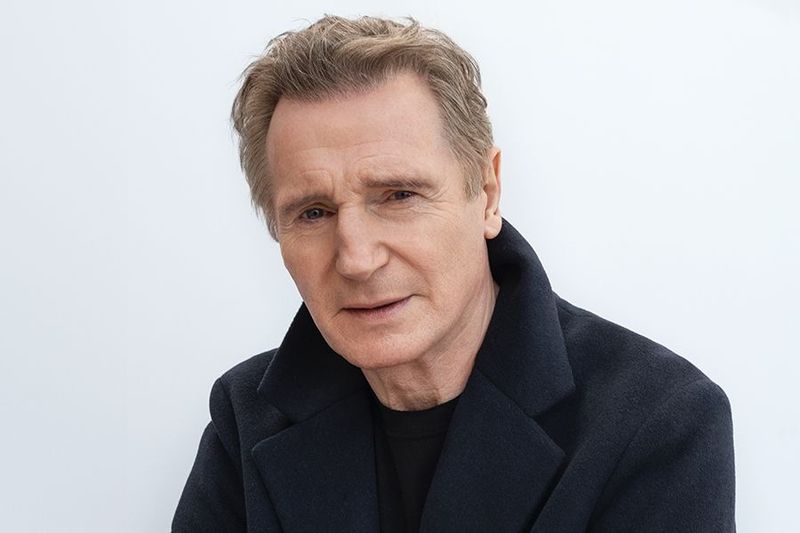
The confession landed like a thud in a quiet theater. Liam Neeson, patron saint of dignified vengeance on screen, admitted he once prowled streets decades ago hoping to kill a random Black man after a friend’s assault. He framed it as shame, a cautionary tale about confronting learned racism. Viewers heard the intent—and still recoiled at the brutal honesty of the impulse.
Publicists scrambled; interviews shifted from film promotion to damage control. His attempt at moral self‑examination got drowned by its own shock value. Not all revelations require a microphone; some need a therapist and a time machine.
Neeson apologized and contextualized, but the quote branded itself onto his legacy. From then on, his trademark gravelly threats sounded less cinematic and more uncomfortably close to something he once felt.
7. Kevin Hart – Jokes That Cost Him the Oscars
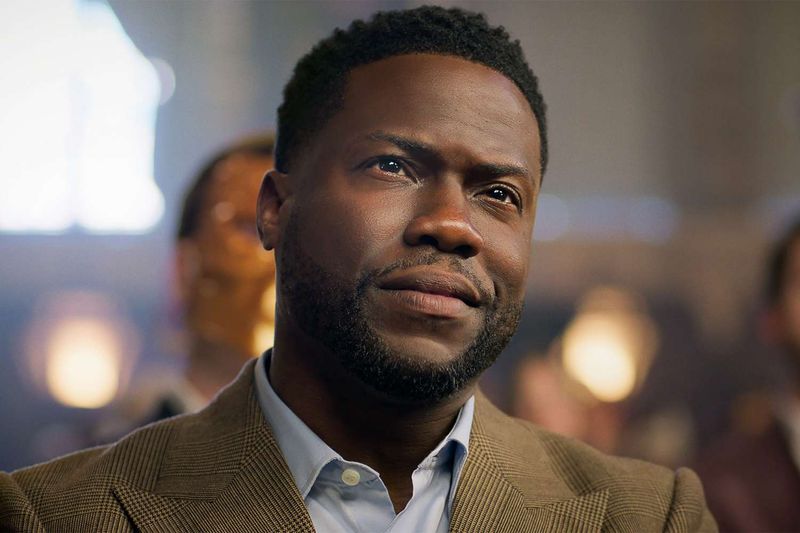
The dream gig turned to dust faster than a punchline lands. Kevin Hart was set to host the Oscars when old tweets with homophobic jokes resurfaced like boomerangs. His initial response—refusing to apologize on command—read as pride to some, stubbornness to others. Soon he stepped down, issued apologies, and watched a career milestone evaporate into a PR seminar.
Fans debated growth, cancel culture, and the statute of limitations on bad jokes. The Academy’s brand needed uncomplicated charm; instead, it got a culture‑war crossfire. For Hart, the lesson was as much about tone as content.
He bounced back onstage, but award‑show history kept the receipt. Laughter’s universal until it isn’t—and the host mic is surprisingly allergic to context when the internet is searching your past.
8. Chrissy Teigen – From Twitter Darling to Cyberbully
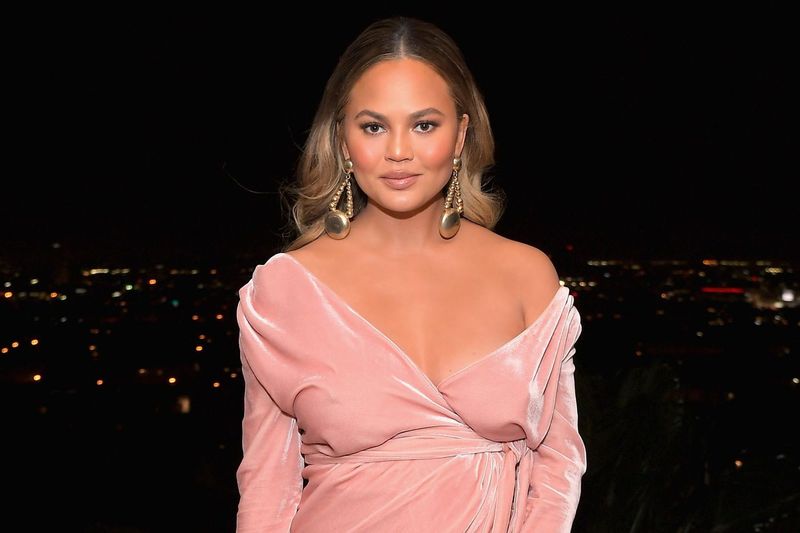
Relatable is adorable until it burns. Chrissy Teigen’s witty clapbacks and kitchen‑table charm made her the internet’s cool aunt. Then resurfaced messages showed her urging a teenage Courtney Stodden to self‑harm and mocking other women. Apologies poured out, partnerships paused, and the brand of brutal honesty suddenly felt just brutal.
Audiences who’d celebrated “say it like it is” realized there’s a difference between candor and cruelty. Screenshots don’t age; they harden. The parasocial glow dimmed as followers reconsidered what they’d been laughing at.
Teigen took breaks, vowed growth, and returned with softer edges, but the arc remains instructive. If your persona is built on unfiltered takes, the receipts will eventually demand a refund—with interest and a comment section.
9. Vanessa Hudgens – “People Are Going to Die, Which Is Terrible, But…”
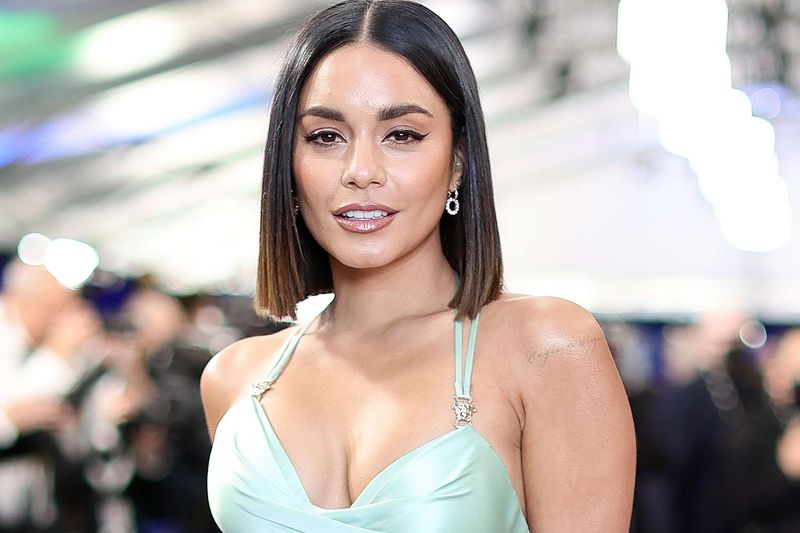
A casual live stream met an unforgiving moment. Vanessa Hudgens, usually drama‑free, riffed early in the pandemic about deaths being “inevitable,” a quote that landed like a shrug in a global emergency. Fans recoiled; the clip ping‑ponged across timelines; an apology followed. Intent may have been clumsy realism, but impact read as insulated privilege.
The pandemic recalibrated our tolerance for flippancy. Every celebrity broadcast felt like a test of emotional intelligence. Hudgens learned in real time that tone isn’t a filter you can add later.
She moved on, but the episode stuck as a miniature case study in timing. In crises, audiences crave empathy more than candor’s edgy cousin—and a single sentence can write your headline for months.
10. Gal Gadot – The “Imagine” Video No One Asked For
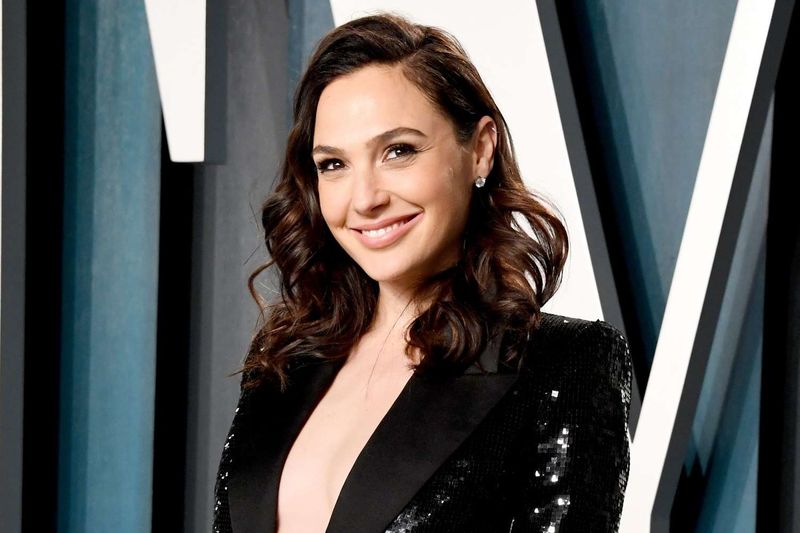
Good intentions wore a glittery blindfold. Gal Gadot gathered famous friends to sing “Imagine” from opulent isolation, expecting balm; the internet heard condescension. With jobs evaporating and grief mounting, the video’s glossy optimism felt like a mural painted over a fire. It became the meme shorthand for celebrity cluelessness.
The gap between wealth and audience experience was suddenly unskippable. No villain, no scandal—just vibes that couldn’t read the room. Sometimes the kindest gesture is a donation link, not a chorus.
Gadot took the ribbing with grace, but the clip lives on as a cautionary duet: optics and timing perform together. If the world’s hurting, solidarity sings best off-camera and on a receipt.
11. Paula Deen – A Sweet Southern Image Sour in Seconds
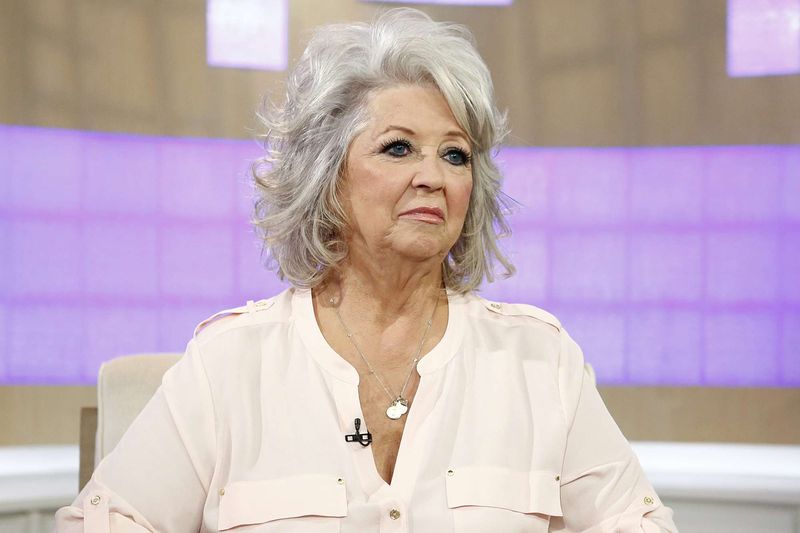
The queen of butter met the heat of discovery. Paula Deen’s down‑home persona curdled when legal filings surfaced describing racial slurs and discriminatory scenarios tied to her businesses. Sponsors fled, shows dissolved, and safe‑TV comfort food suddenly tasted like something else entirely. The apron strings couldn’t tie up what had spilled.
Audiences who’d found refuge in recipes confronted the mess behind the menu. Rebrands were attempted, apologies issued, but supermarket trust is perishable. Once viewers imagine the kitchen culture, it’s hard to unseason.
Deen didn’t vanish, yet the mainstream stage shrank. Ultimately, the story reminded fans that charm isn’t character—and hospitality means little if it doesn’t include everyone at the table.
12. Ellen DeGeneres – The “Be Kind” Host Who Didn’t Sound So Kind
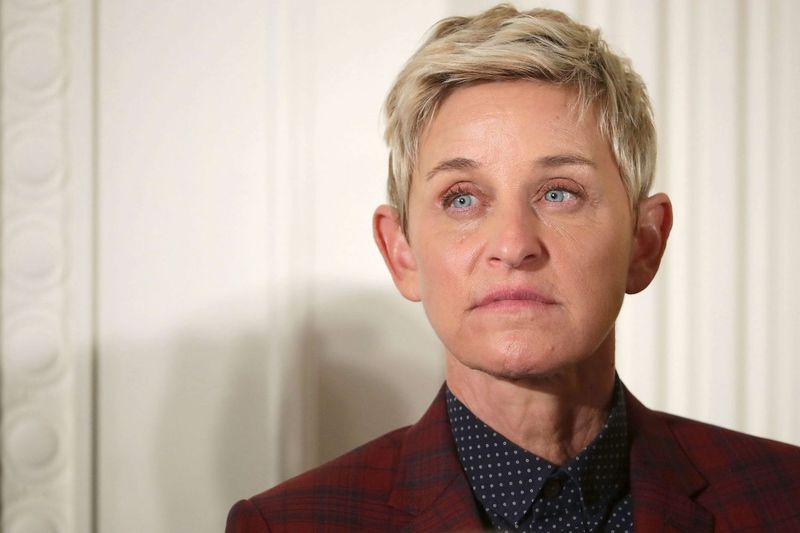
Laughter and dancing couldn’t drown out backstage whispers. Ellen DeGeneres built a juggernaut on warmth and generosity, then faced reports of a toxic workplace and biting off‑camera comments. The feel‑good brand collided with employees’ accounts, and fans felt duped by the contradiction. On‑air acknowledgments arrived, but the audience had already compared slogans to stories.
Daytime TV relies on trust more than plot. When the host’s persona cracks, the entire set wobbles. Ratings dipped; the finale arrived sooner than nostalgia predicted.
Ellen remains a pioneer and a complicated case study. It turns out kindness is less a catchphrase than a payroll practice—and viewers listen closely when insiders finally speak.
13. John Mayer – The Playboy Interview That Aged Like Milk
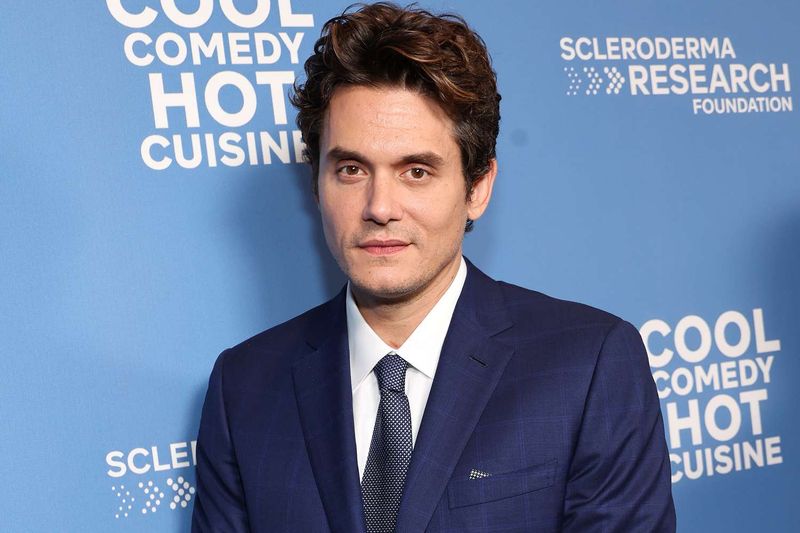
Wit can curdle under bright print. John Mayer’s 2010 interview veered from cheeky to cringeworthy, dropping crude overshares about exes, calling one relationship “sexual napalm,” and deploying a racial slur while explaining dating preferences. The sensitive troubadour image face‑planted into self‑regard. Fans didn’t swoon; they squinted.
Backpedaling began, plus a retreat from the press. He later owned the missteps, pivoted to gentler interviews, and let guitar work do the talking. The rebrand stuck, mostly—but the quotes remain screenshot immortal.
The caution is simple: clever isn’t kind, and clever ages poorly on glossy paper. If you must monologue, let the solo speak; it rarely offends in 12 bars
14. Michael Richards – One Set, One Rant, No Comeback
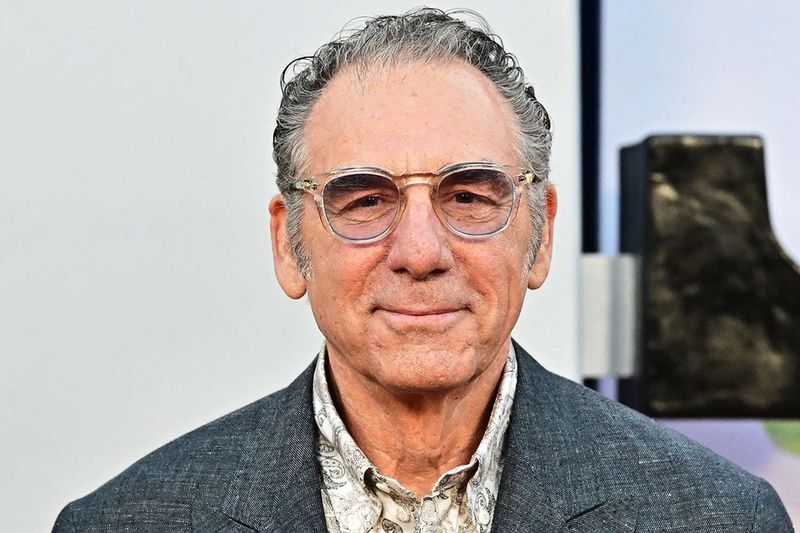
Comedy forgives a lot; this wasn’t a joke. Michael Richards, forever Kramer in reruns, erupted at hecklers with a racist tirade caught on video. The clip spread, apologies followed, but the damage calcified. The goofy neighbor became a man you wouldn’t sit near at a club.
In stand‑up, crowd control is an art; he grabbed a sledgehammer. Context couldn’t rescue contempt. Late‑night mea culpas couldn’t mute the slur echoing in everyone’s ears.
His career never truly resettled. Sometimes a single night writes the final credit roll, and redemption can’t find a spotlight that audience memory hasn’t already switched off.
15. Will Smith – “Keep My Wife’s Name…” Heard Around the World
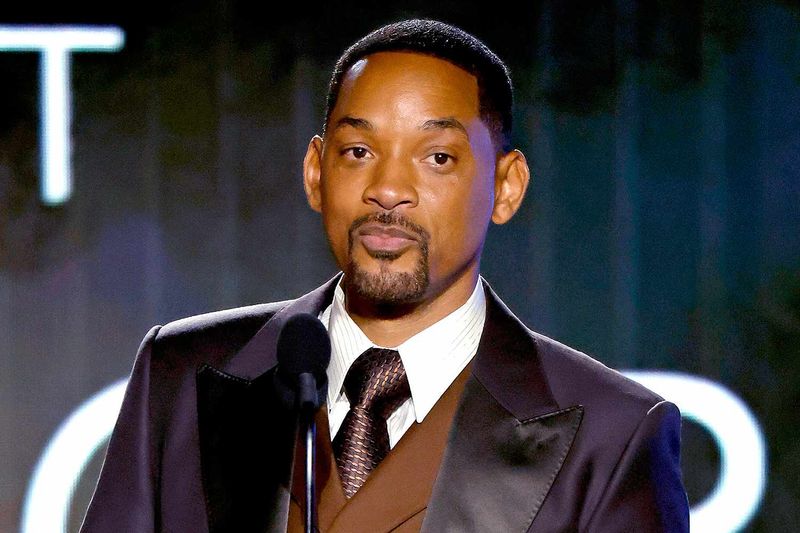
The world blinked and rewound in disbelief. Will Smith, the gold‑standard nice guy, walked onstage at the 2022 Oscars, slapped Chris Rock, and shouted the line that instantly joined pop culture’s permanent script. He won Best Actor minutes later as the room tried to compute both realities. Overnight, debates caught fire: chivalry, comedy, trauma, and consequences.
Apologies came, the Academy disciplined, and projects paused. Fans wrestled with the riddle of a human moment breaking a carefully curated icon. It wasn’t a heel turn so much as a collision.
Smith’s rebuilding, but the clip is indelible. For a generation raised on his charm, the shock became a mirror: even our safest celebrities carry untelevised storms until, disastrously, they don’t.

Comments
Loading…